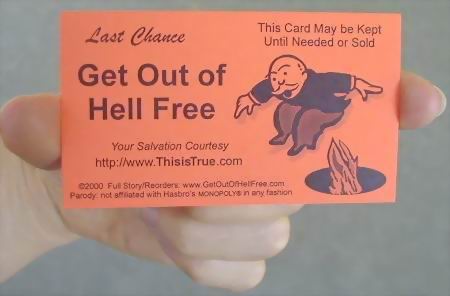
Thursday April 9th I will be speaking over at UW to The League of Professional System Administrators (LOPSA) about Creative Commons the DMCA and User Generated Content. The talk will include a CC 101 portion and some new content that I am looking for feedback on. I am using this a a dry run to test content that will be included in the NTC 2009 Panel on Fair Use, User Generated Content and the DMCA Safe Harbor. Here is a copy of the full announcement with location and directions:
SASAG: Legal and Technical Aspects of Sharing, Reusing, and Remixing Content Online
Presenter: Brian Rowe
Come discuss the legal and technical aspects of sharing, reusing and remixing content online with a focus on Creative Commons licenses, User-Generated Content and the The Digital Millennium Copyright Act’s safe harbor. Bring you questions! There will be time for Q&A.
—–
Brian Rowe is the founder of Freedom for IP, a volunteer organization started in 2005 focusing on the intersection of human rights and intellectual property. He interned at Creative Commons last summer working on public domain and noncommercial use in copyright. Brian serves on the Washington State Bar Association’s Access to Justice Technology Committee and is an active member of Students for Free Culture. Last fall Brian wrote a mock trial for the Future of the Law Institute that was used by high school students learning about fair use of music and bloggers rights. Most recently Brian helped plan and spoke at the Seattle Law of the Commons Conference held March 13th, 2009 at Seattle University Law.
Brian has a background in information technology. He helped develop the SeattleHumanRightsNetwork.org and ATJWeb.org. Brian holds a BS in Informatics and BA in Political Science both from University of Washington. He is currently a third-year law student at Seattle University and has accepted a Google Public Policy Fellowship to work in Washington DC this summer at Public Knowledge.
For more information please see http://www.sasag.org.



